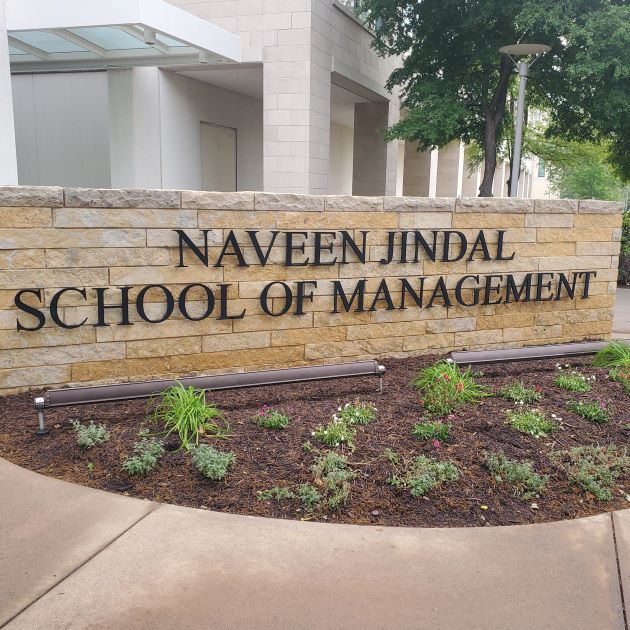For the past six years, the Naveen Jindal School of Management has maintained a top 5 ranking in the UTD Top 100 Business School Research Rankings™ and has been at No. 2 for the past two years. Those rankings — placing the school near the top of the world’s most productive business schools that conduct business research — are a testament not only to the vision realized by Dr. Hasan Pirkul, Caruth Chair and longtime Jindal School dean when he was hired in 1996, but also to the critical groundwork laid by key faculty hires, including Dr. Suresh Sethi, Eugene McDermott Chair and a long-time professor in the Jindal School’s Operations Management Area.

When Pirkul convinced Sethi to join the faculty in 1997, the OM faculty could be counted on one hand. The faculty teaching load was changed to match those of nationally ranked research universities. The strategy paid off, and the area’s faculty grew year after year. It now numbers more than three dozen highly productive researchers and educators, including nearly two dozen tenure and tenure-track faculty. This happened in large part because of Sethi’s reputation and connections to the OM community.
“We could not have imagined that we would see such rapid growth when we embarked on this journey,” Sethi said. “While it almost seems miraculous, I have realized, with the benefit of 20-20 hindsight, the factors responsible for our growth.”
Sethi said many important factors came together for the Jindal School to hire highly qualified faculty successfully, including the dean’s full support and leadership, tweaking the teaching load, adding concentrations to the PhD programs, competitive compensation packages, research and travel support that is consistent with other nationally ranked research schools, a seminar he created that brings in top academics who then help spread the word about the school and the development of a collegial environment where joint research flourishes.
The growth of the OM faculty in the Jindal School mirrors the school’s climb in the ranking. Looking at journals that focus only on operations management (Operations Research, Journal of Operations Management, Manufacturing and Service Operations Management, Production and Operations Management), the Jindal School climbed from No. 40 in 2005 to No. 1 in 2024.
Sethi also attributes OM’s growth to the attractiveness of the North Texas region, which has a low cost of living and no state or city income taxes, a first-class Dallas Fort Worth International Airport located nearby and mild weather.
In 2025, Sethi will turn 80. The fact that three academic conferences, including one in the Jindal School, will be honoring Sethi’s milestone birthday is a clear indication of the reputation he has built in the business research community. Looking back on his career, Sethi beams with pride at the legacy he has helped build.
“I am truly humbled and pleased whenever I look back at what we have achieved over the years,” he said. “Knowing that the Operations Management Area has played a role in getting the Jindal School to where it is today is a testament to the vision, the dedication, the collaboration and the diligent work of everyone involved. I am deeply proud to have played a part in this journey, and I know that the strong foundation we have built will enable JSOM to reach even greater heights. Our success is not only in the rankings but also the lasting impression we have made in the field of business research and education.”





